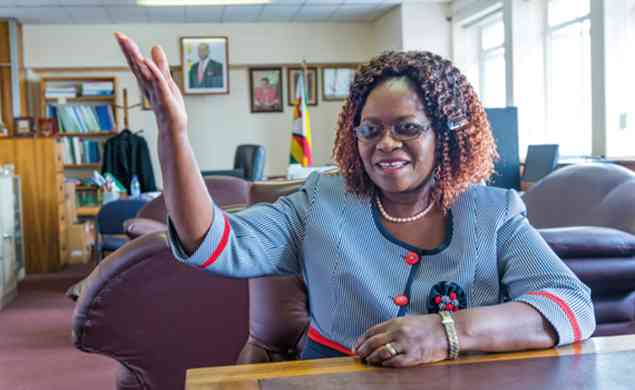
CIVIL society organisations have urged government to conduct debt audits detailing all borrowed funds since 1980, following the ballooning of the country’s public debt to an estimated US$17,9 billion.
This came out during an annual multi-stakeholder debt conference organised by the Zimbabwe Coalition on Debt and Development (Zimcodd) and African Forum and Network on Debt and Development (Afrodad).
Zimbabwe’s estimated US$17,9 billion debt is way above 60% of gross domestic product (GDP) stipulated by the Public Debt Management Act of 2015, and the Southern African Development Community (Sadc) benchmark, which states that borrowing should not be above 70% of a country’s GDP.
“Zimbabwe’s debt stock continues to balloon to unsustainable levels,” Zimcodd said in a statement yesterday.
“This has also been worsened due to the failure to service debt since the country defaulted on its arrear payments in January 1999. External debt is US$13,2 billion of which US$6,6 billion (50%) is in arrears. In addition to this shocking debt figure, it is worrisome that since 1980, no debt audit has been carried out. Effectively, we don’t know how these resources were spent, to legitimate or illegitimate ends. At the same time, external debt limits access to low cost, long-term financing for the country at a time when Zimbabwe is engaged in an economic recovery effort.”
Finance ministry spokesperson Clive Mphambela referred questions to Auditor-General Mildred Chiri.
“Why don’t you ask the Auditor-General? Our books are audited every year, and AG can state why we have not had a debt audit?” Mphambela said.
Efforts to get a comment from the AG were fruitless as her phone was not reachable.
- Chamisa under fire over US$120K donation
- Mavhunga puts DeMbare into Chibuku quarterfinals
- Pension funds bet on Cabora Bassa oilfields
- Councils defy govt fire tender directive
Keep Reading
But former Finance minister and Parliament’s former Public Accounts Committee (Pac) chairperson Tendai Biti said the ministry had been secretive about the state of public debt in Zimbabwe.
“Twice in a year, the Finance minister must table before Parliament the list of all public debt that the country has incurred,” Biti said.
“They have never done so. Just recently we were surprised to be informed that we owed US$2 billion to China, a debt we were not aware of.”
Zimcodd said lack of debt audits had resulted in lack of transparency on utilisation of borrowed funds which has impacted negatively on public service delivery.
“Debt implications on the ordinary citizens are that the government is incapacitated and scales back on its social spending budget as it directs revenue towards servicing debt and arrears,” the report read.
“Borrowing forces government to take austerity measures. Consequently, the ordinary citizen and the poor are saddled by debt through poor public service delivery. Women in urban and rural areas are the worst affected by poor service delivery as they spend more time performing unpaid care work in households when they can be contributing on decisionmaking platforms. High levels of public indebtedness also have repercussions on the citizenry who are burdened by high levels of unemployment, inequality and poverty,” the report added.










